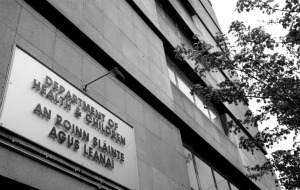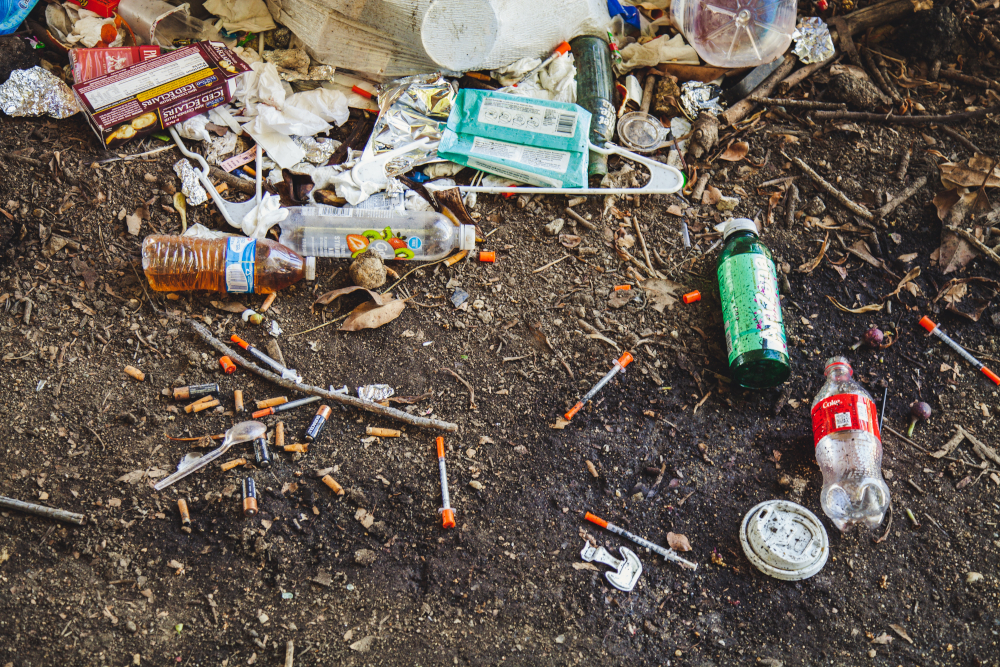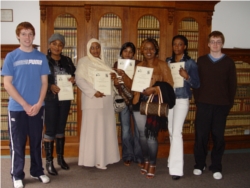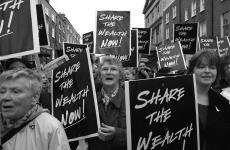
Public Participation: Involving Citizens in Designing Public Services
‘There is nothing so practical as a good theory’, the famous maxim of Kurt Lewin, has particular relevance for the reform of our public services. In that challenging task, there is need for a coherent theoretical perspective and clarity as to the fundamental goals we as a society wish to strive for in the coming decades. I want to argue for a radical new paradigm for public services and to describe such a paradigm. I will discuss the implications of this paradigm using the case example of health services and will seek to draw some broad applications for the community and voluntary sector in relation to the design and delivery of public services.







